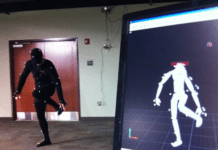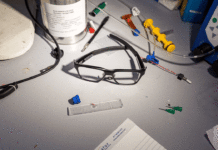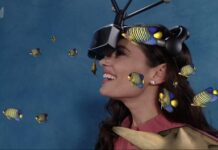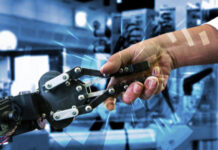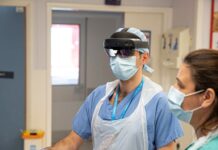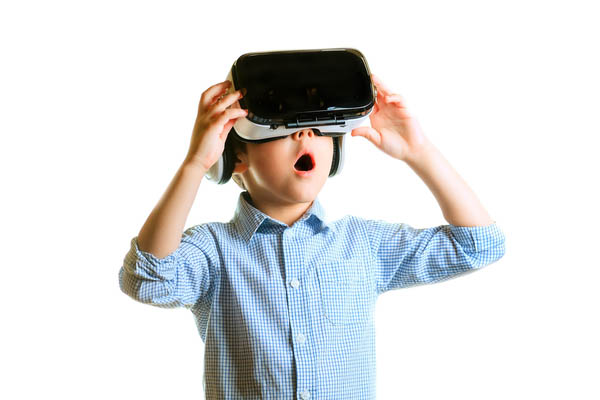
It might seem like an unlikely combination: augmented & virtual reality that develops incredibly quickly on the one hand. On the other hand, the Head Start Program designed for early childhood training & development. Two different techniques of educating children but these two methods can learn a lot from each other. The HeadStarter Community recently hosted the first-ever Tech & Early Ed Incubator ideation problem where the effectiveness of technology in early childhood development was rationalized, discussed and debated.
Experts have established over the years, that children learn best when they are engaged in an energetic activity rather than passive consumption of texts or visuals. AR technologies simulate play which mixes it with instructional content for children to learn from. The Incubator’s successful group created a concept for an AR product titled Saf-AR-I which makes use of an experimental AR study. The platform takes the user on a tour through the African wild by using QR codes to overlay the real world with digital objects. It is an enjoyable method for children to learn math, literacy and social skills like empathy. They do all of this in one room without any risk of danger.
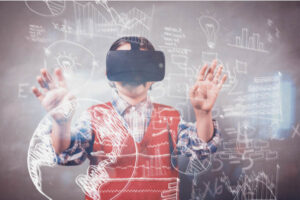
As adults, we are already immersed in AI technology whether we know it or not. It is a good idea to immerse it into a classroom situation. The Incubator Group didn’t quite know how it would be possible. They came up with the Tiny Moments idea, a software program utility that was designed to decrease the levels of toxic stress in young learners. Tiny Moments monitor a child’s classroom interactions and notify the parents or teachers when stress levels peak. Even though the judges were concerned with the privacy of such an app, they were very impressed by the idea.
The Tiny Moments app works well in detecting the core stress point of a child. It introduces them to basic technology at an early age. More and more parents are encouraging their children to become more tech-savvy. That way they are prepared for when they enter a digitalized workforce. Many people are scared, however, that their children might have to compete with the very technology that trained them. Experts believe that there will still be a place for human interaction and training in the workplace.
For youngsters to excel in this digital world they will need a set of tech skills along with tech literacy. It will be possible for children to not only succeed in their career. It will also be good in other areas of their life as well. AR, VR, and AI will be integrated into all aspects of society like gardening, art, and the health care industry. The latter is already benefiting from the AR/VR industry. The world will revolve around data that is easily accessible, stored, and customized based on your personal preference. Education & creativity will be vital for our children to survive.





